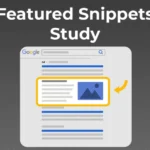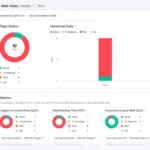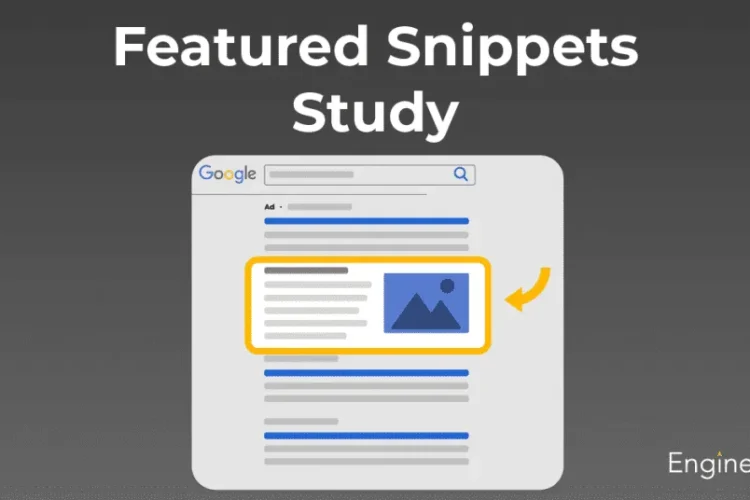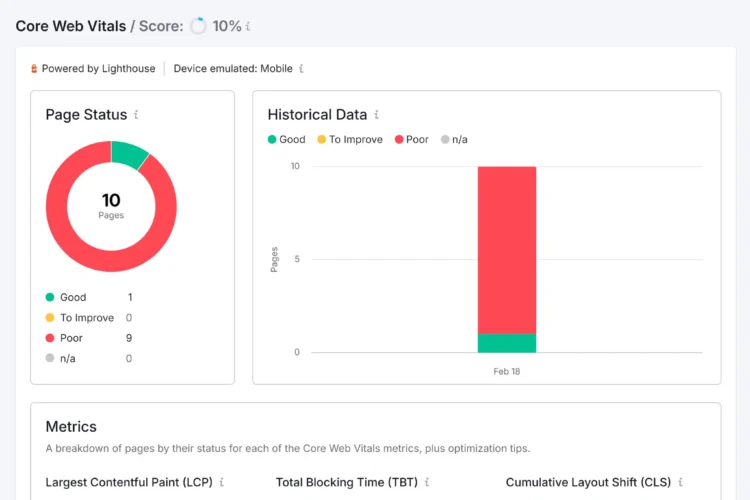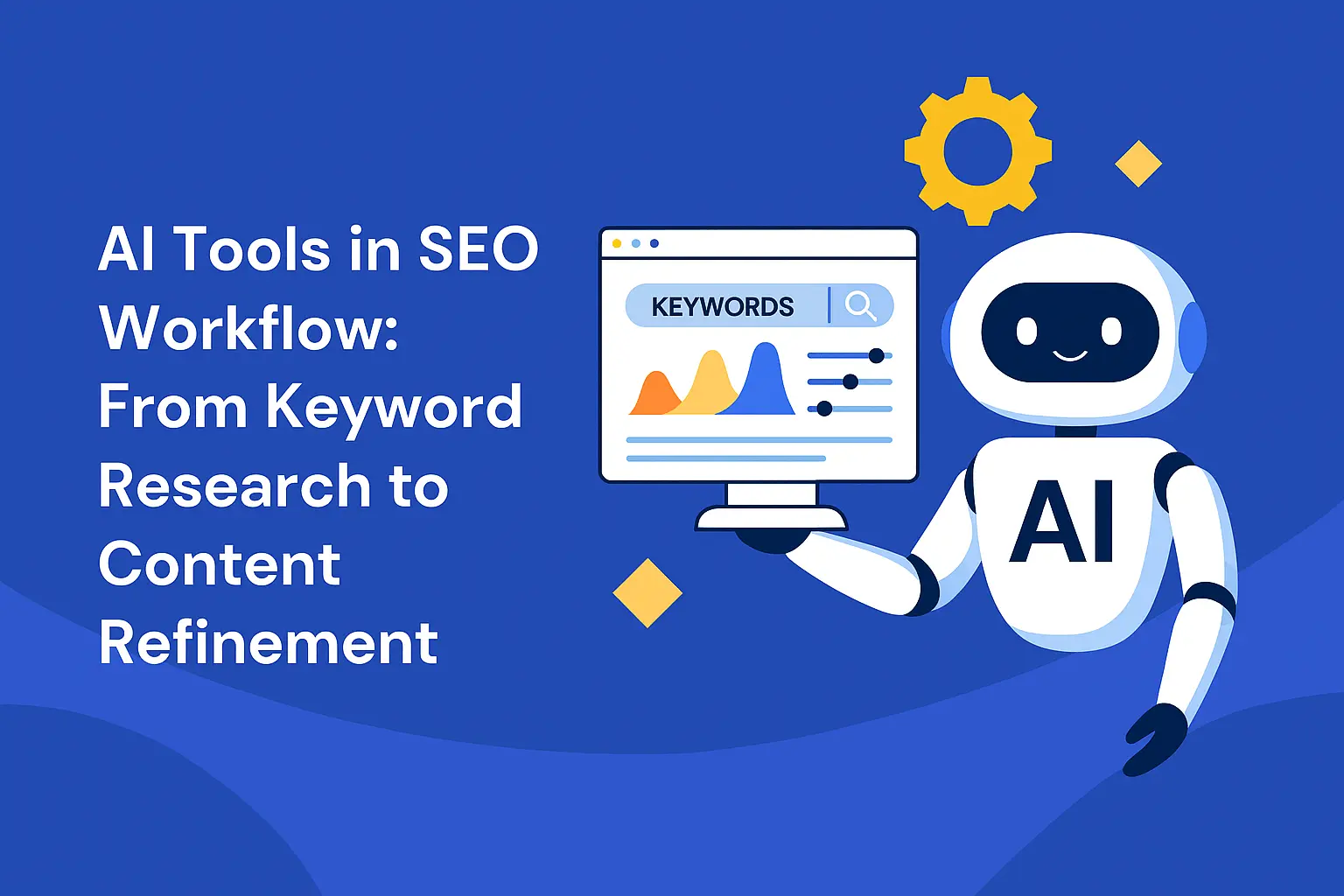
Introduction
In today’s fast-paced digital world, search engine optimization (SEO) is no longer just about adding keywords and backlinks. With the rise of artificial intelligence (AI), SEO strategies have become more data-driven, efficient, and precise. AI tools can now analyze search intent, suggest the right keywords, and even optimize your content for better rankings.
In this blog, we’ll explore how AI tools can revolutionize your SEO workflow — from keyword research to content optimization — helping you save time and achieve smarter results.
1. Understanding the Role of AI in SEO
AI in SEO uses machine learning and natural language processing (NLP) to understand user behavior, search intent, and content relevance. Search engines like Google already use AI algorithms (such as RankBrain and BERT) to deliver better search results.
Using AI tools allows marketers to align their content with these intelligent algorithms for higher visibility.
2. Smarter Keyword Research with AI
Traditional keyword research can be time-consuming, but AI simplifies it by analyzing search data patterns at scale.
AI Tools for Keyword Research:
- ChatGPT / Gemini / Jasper: Generate topic ideas and long-tail keyword suggestions.
- Surfer SEO / Clearscope: Analyze top-ranking pages and suggest keywords to target.
- SEMrush / Ahrefs: Use AI-based keyword intent analysis to understand what users are really searching for.
Benefits:
- Discover hidden or trending keywords.
- Identify low-competition, high-traffic opportunities.
- Understand search intent (informational, navigational, transactional).
💡 Pro Tip: Use AI to find question-based keywords (like “how to use AI for SEO”) to capture voice search queries.
3. AI-Powered Content Optimization
AI can help you create SEO-optimized content that matches user intent, improves readability, and maintains keyword density naturally.
AI Tools for Content Optimization:
- Frase / Surfer SEO: Suggest content structure, headings, and related terms.
- Grammarly / Quillbot: Improve grammar, tone, and readability.
- MarketMuse: Analyze topic coverage and optimize content depth.
Optimization Strategies:
- Use AI to optimize meta tags and headings.
- Check keyword placement and readability score.
- Get real-time SEO scores for your drafts.
💡 Pro Tip: Don’t copy AI-generated text directly. Always edit and add your human touch to maintain originality.
4. Using AI for Competitor Analysis
AI tools can analyze your competitors’ content and keywords automatically, helping you understand what works best in your niche.
Examples:
- Identify competitor keywords and backlinks.
- Compare your content’s SEO score with theirs.
- Find content gaps you can fill with better-quality articles.
Tools like SEMrush, Ahrefs, and Surfer SEO use AI-driven insights to give you a complete picture of the competition.
5. AI for Content Performance Tracking
AI doesn’t stop after publishing — it continues to help track and improve performance.
How AI Helps:
- Predicts ranking improvements after optimization.
- Analyzes engagement metrics (CTR, dwell time).
- Suggests new updates based on algorithm changes.
Use Google Analytics 4 with AI-powered insights or HubSpot SEO Analytics to monitor your content’s success.
FAQs
1. How does artificial intelligence assist in improving website visibility?
AI analyzes user behavior patterns, search intent, and online trends to help marketers craft content that matches what audiences are actively looking for, leading to better visibility in search results.
2. Can AI applications predict which topics will perform well online?
Yes, advanced platforms can study trending searches and audience interests across industries, allowing creators to identify potential topics before they become competitive.
3. Are AI-generated insights suitable for small businesses with limited marketing budgets?
Absolutely. Many AI-based SEO platforms offer affordable plans or free versions, enabling startups and small businesses to compete effectively without large marketing expenses.
4. What’s the best way to combine human creativity with AI-based suggestions?
The most effective approach is to let AI handle data analysis and structure recommendations, while humans focus on adding emotional tone, storytelling, and originality to maintain authenticity.
5. Do AI-driven recommendations guarantee higher search engine rankings?
No tool can promise fixed rankings because algorithms evolve constantly. However, using AI can significantly increase the chances of achieving consistent growth through smarter strategy adjustments.
6. Is it necessary to have technical knowledge to operate AI-based SEO platforms?
Not really. Most AI-driven systems are designed with user-friendly dashboards that simplify complex tasks, so even beginners can use them efficiently.
7. How can one ensure that AI-generated text doesn’t sound robotic or repetitive?
Always review and refine the AI’s output manually. Adding real-life examples, personal opinions, and natural sentence flow helps keep the writing engaging and relatable.
8. Which type of content benefits the most from AI optimization tools?
Long-form blogs, website landing pages, and product descriptions often gain the most advantage because AI can help improve structure, keyword balance, and readability.
9. How often should AI data reports be reviewed for SEO improvement?
It’s ideal to analyze reports every two to four weeks. This allows enough time to see measurable results and adjust the content or keyword strategy accordingly.
10. What future role might AI play in the evolution of SEO strategies?
AI is expected to shape predictive optimization — automatically adapting content to user intent, seasonality, and emerging topics — giving marketers an intelligent, real-time advantage.
Conclusion
AI tools are transforming SEO from a manual process into an intelligent, data-backed strategy. By using AI for keyword research, content creation, and optimization, you can not only save time but also produce higher-quality content that ranks faster.
Embrace AI as your SEO partner — not as a replacement for creativity, but as a powerful enhancer for your strategy.


